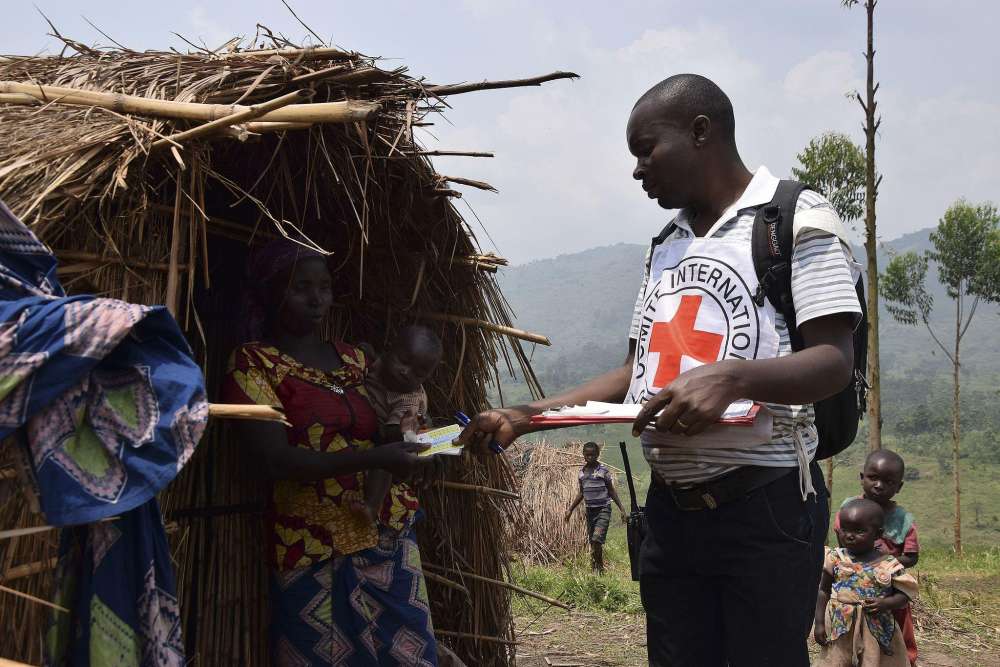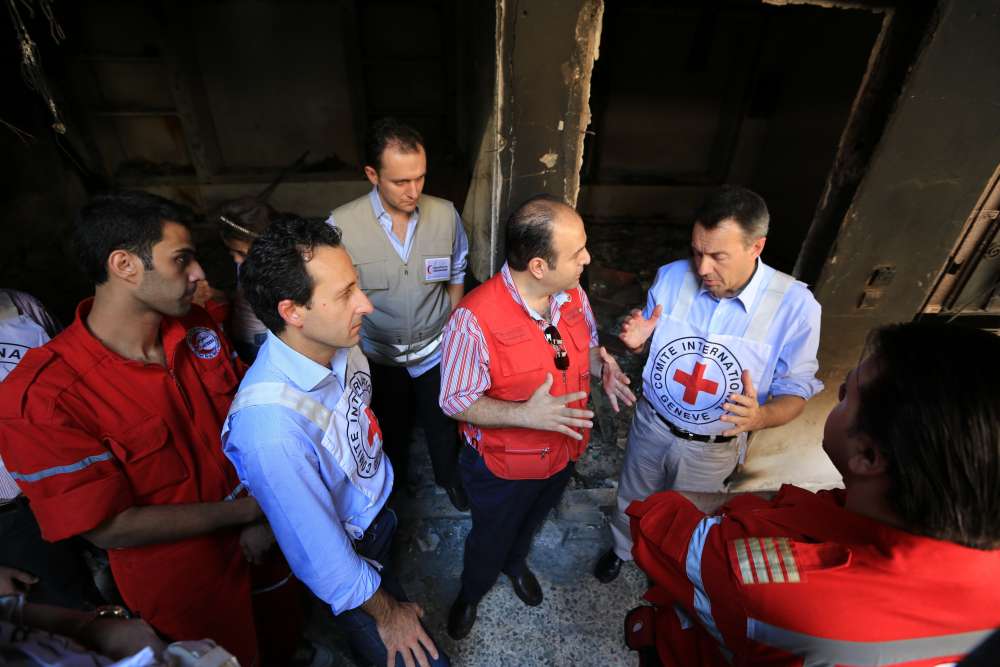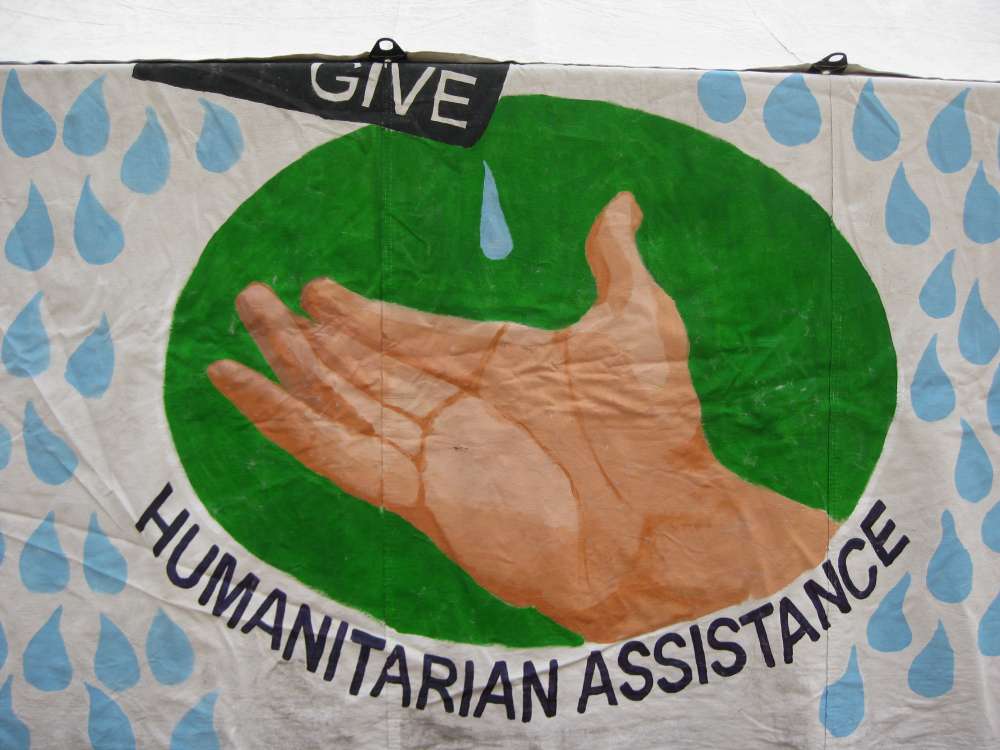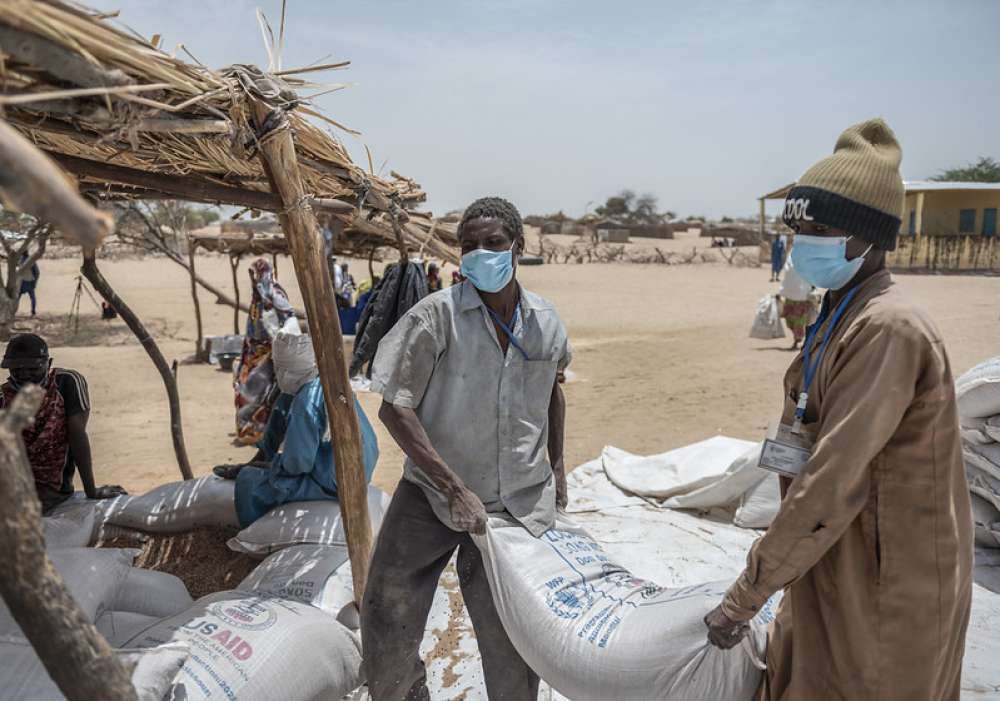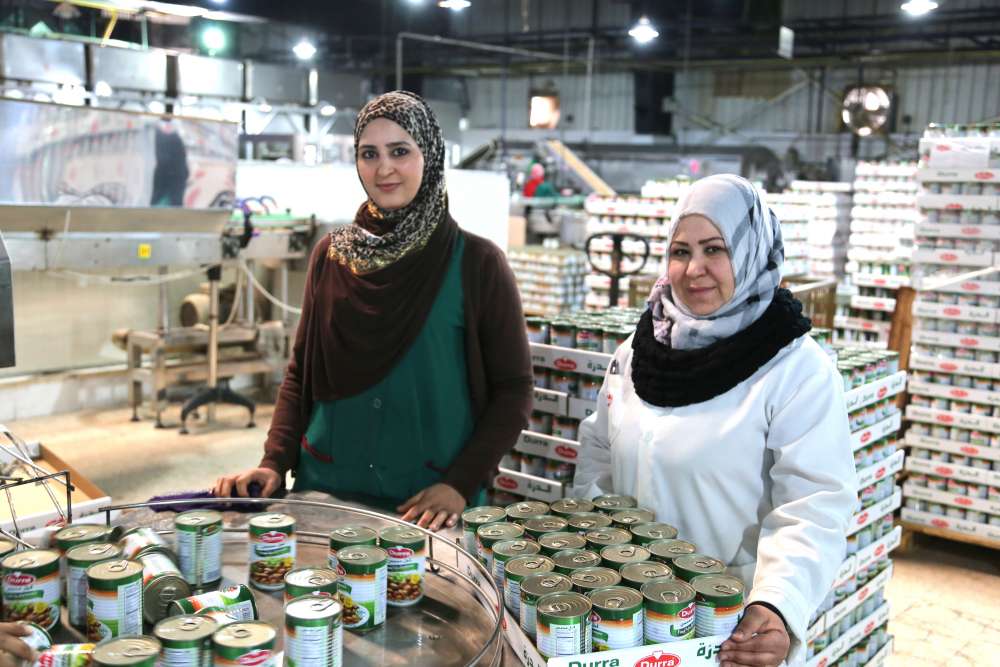Independent Grand Bargain Report
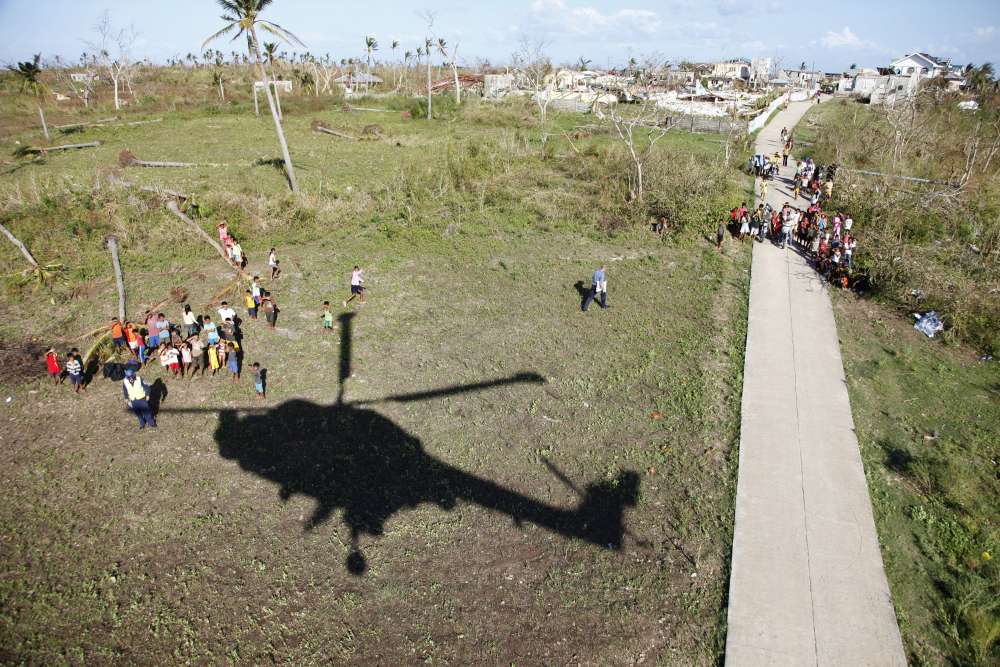
The Grand Bargain aims to reduce the humanitarian financing gap – estimated at US$ 15 billion – by improving the delivery and efficiency of aid. 52 donors and aid organisations, which account for the lion’s share of the international humanitarian response, have endorsed the Grand Bargain. One year after the Grand Bargain’s adoption, signatories report, on average, action on 40 per cent of the commitments that apply to them – an important feat considering the breadth of the initiative. But progress is uneven, and the initially high political momentum is fading. True to its core objective to increase efficiency, the Grand Bargain has maintained a light bureaucratic footprint, and joint leadership roles have increased buy-in. At the same time, there is growing impatience about the Grand Bargain’s impact on field operations. To ensure that the Grand Bargain is a true game-changer, this report recommends to keep the light structure and joint leadership roles; re-engage signatories at the political level; increase coherence within the Grand Bargain; apply the Grand Bargain in its entirety to specific emergency operations; and expand the Grand Bargain’s reach among non-signatories.
…
The executive summary and visualization of key findings are available for download.

